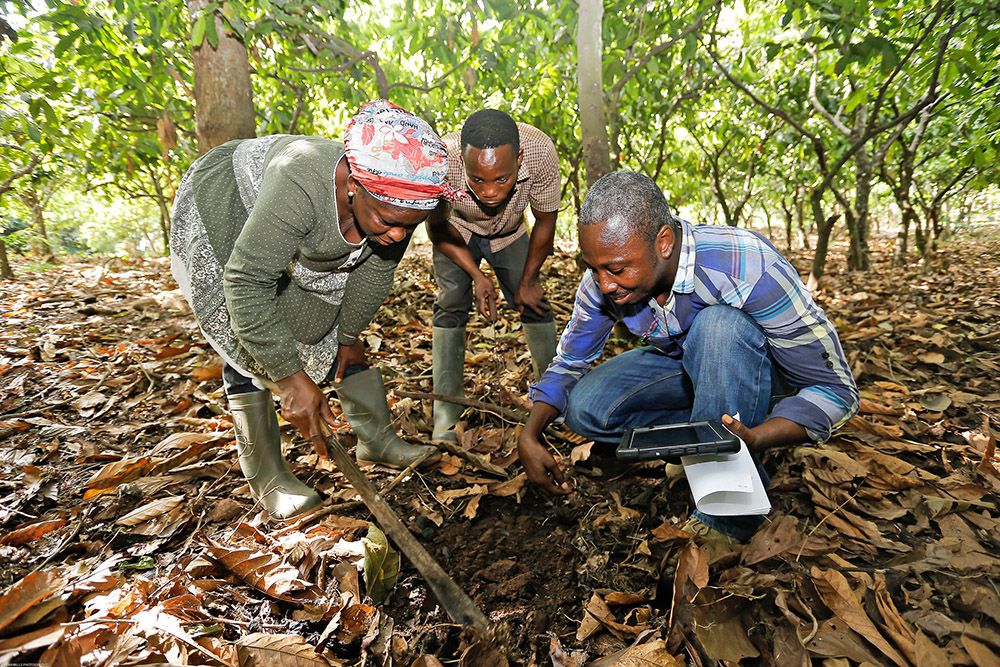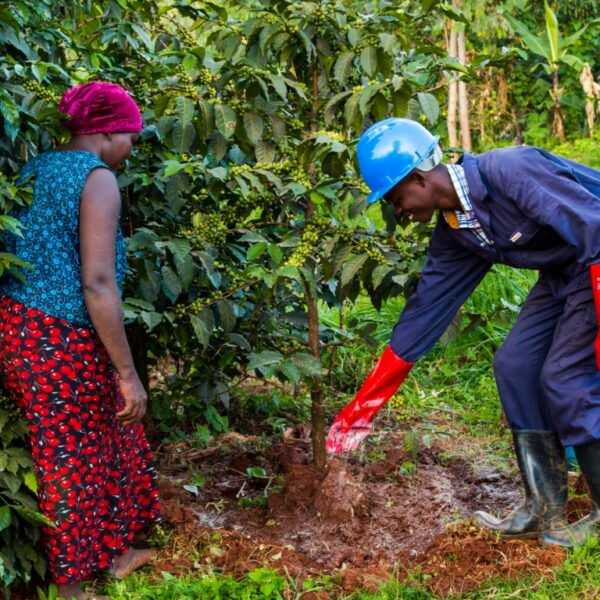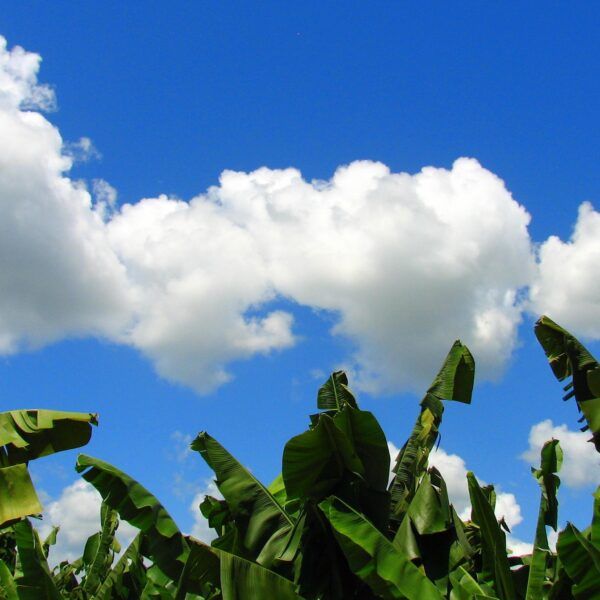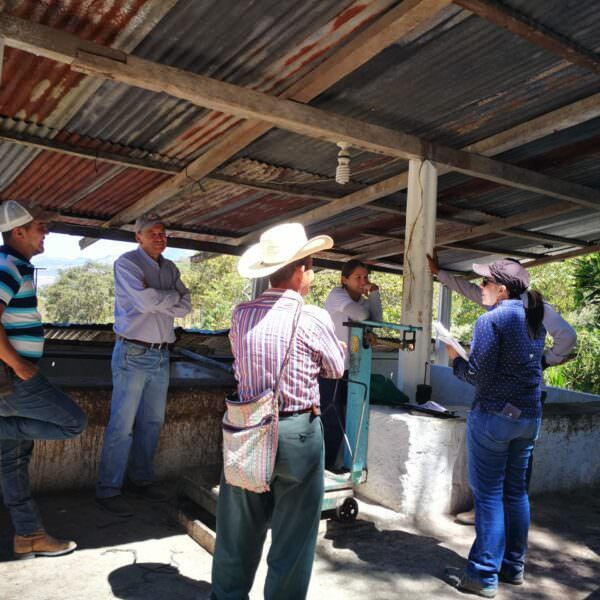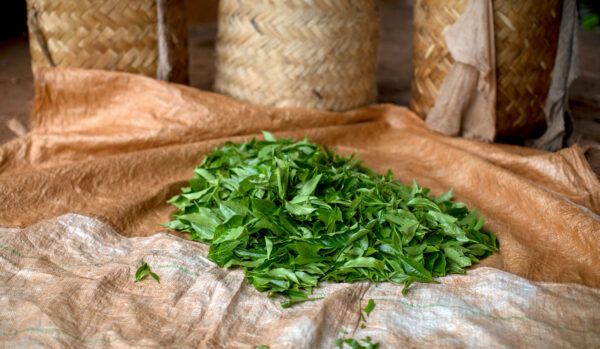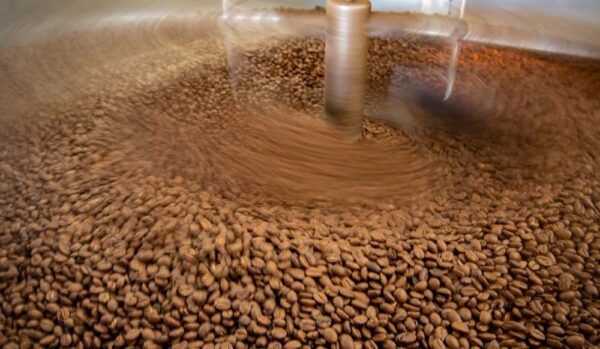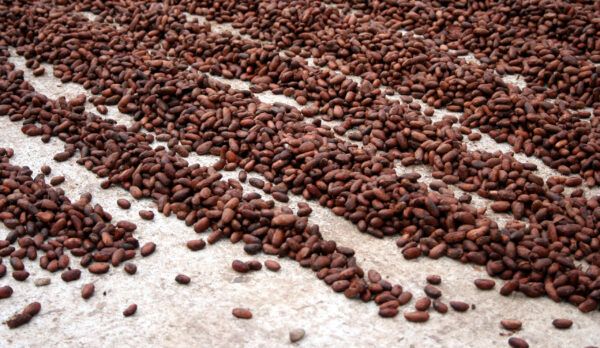Early Feedback on the New Certification Program: Kyagalanyi Coffee Shares Their Implementation Experience
Find out what Ugandan coffee exporter, Kyagalanyi Coffee, had to say about the new program—from the improvements to the challenges.... Continue Reading
